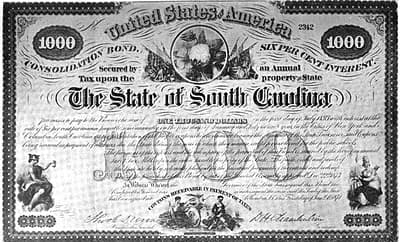About bonds
What is a bond
A bond is a type of investment that signifies a loan involving a borrower and a lender. In this agreement, the borrower is usually the government or a corporation, also known as the issuer. The issuer assures to the investor that regular interest payments will take place at a specific time, on the amount it has borrowed, up to a precise date.
However, the interest payments will stop as soon as the bond turns mature, and the issuer is obliged to repay the borrowed sum of the principal to the investor. Bonds are also known as fixed-income securities, as the interest payments are prepared at specific periods and are considered somewhat predictable.

Advantages for investing in bonds
- Income Predictability
Bonds provide the opportunity for investors to sustain a steady level of income as well as a predictable cash flow with low risk.
- Safety
Bonds provide investors a high level of assurance that interests will be repaid in full after the specific bond turns mature.
- Diversification
Investors are provided with the opportunity to achieve diversification in their investment portfolio, which offers the benefit of reducing the level of risk associated with the investments.
- Choice
Investors have the chance to choose from a wide range of bonds to invest in. Additionally, it allows investors to select the bonds with cash flows that are most suitable for the investor’s income.
Risks associated with bonds
-
Credit risk
Buying government bonds are considered to be a more secure investment instead of corporate bonds. The corporate bonds are more exposed to risk because companies do not have the power to raise taxes when there is a cash deficit or undertake actions that governments can imply.
-
Price risk
If the investor sells his bonds before they turned mature, there is a risk that the bonds’ price may be lower than what it was when the bond were bought, thus loss may arise. Moreover, if the investor bought a bond below parity, then a capital profit may be expected, but if the bond was bought at a premium, the investor will experience a capital loss at maturity.
The price of a bond is a utility of a bond’s coupon rate as evaluated to the existing level of interest, the bond’s residual time to maturity, the bond’s credit risk as well as any other explicit features it may comprise.


